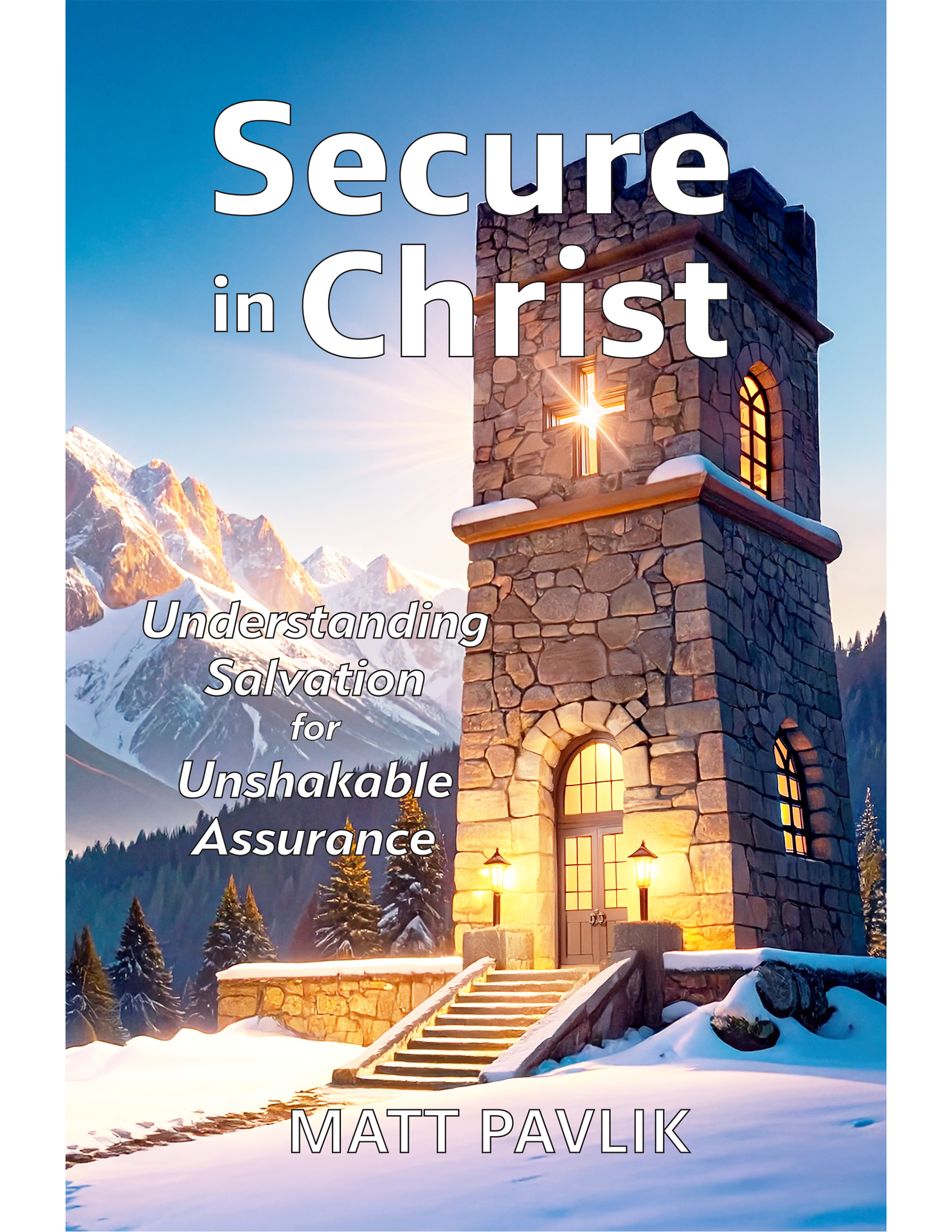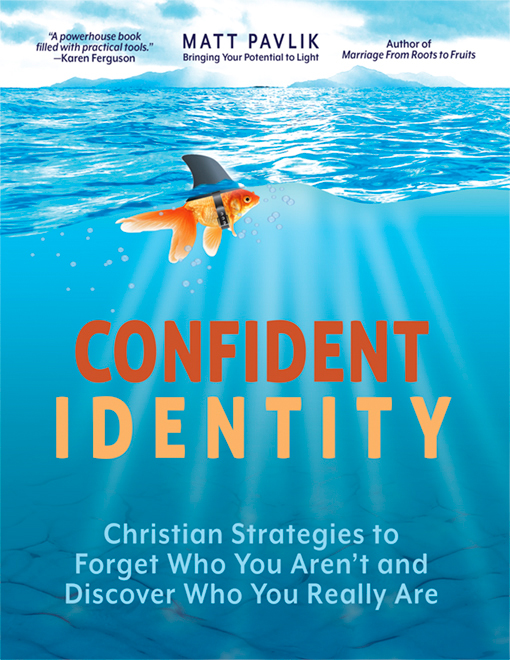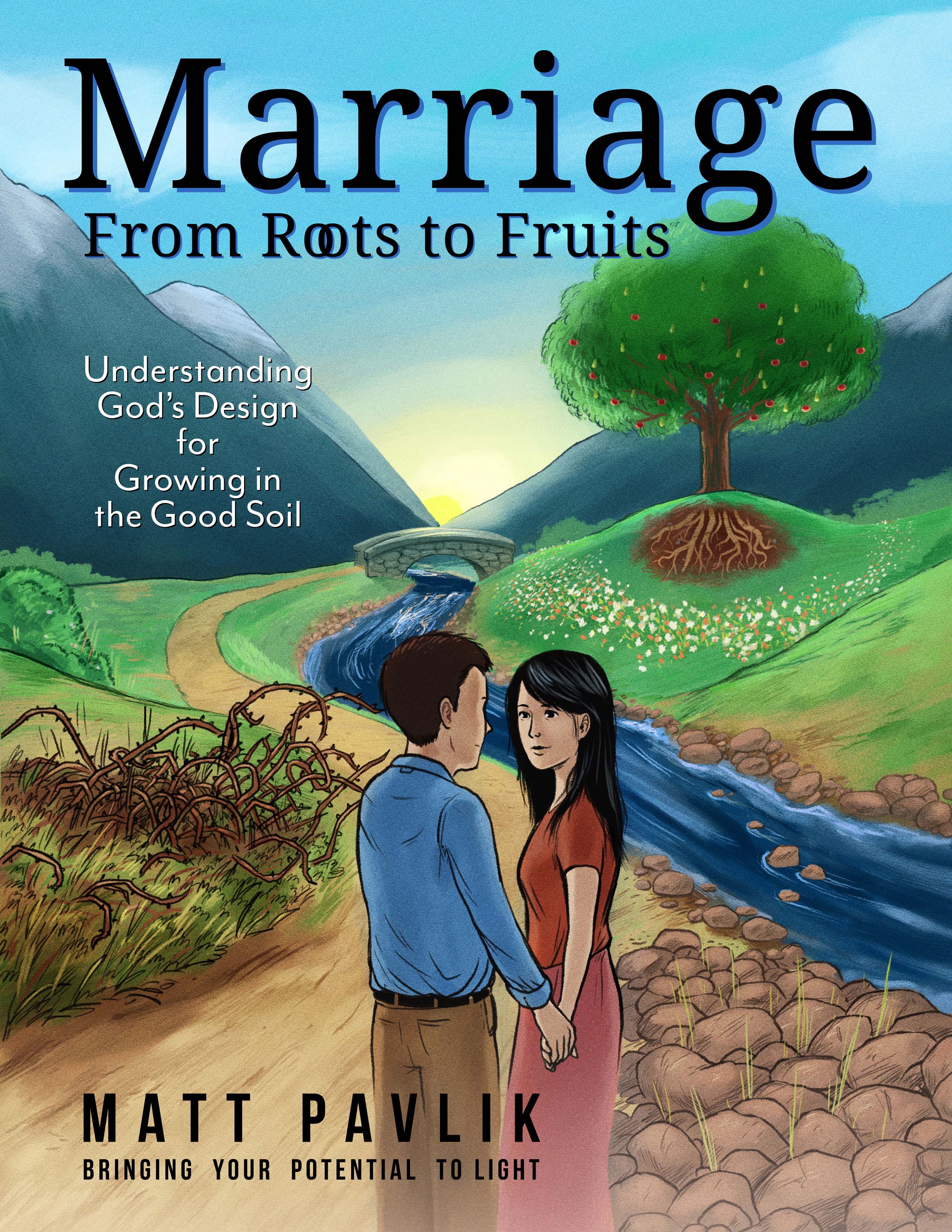Many people assume that human will is free, but in reality, it is deeply bound—either enslaved to sin or surrendered to righteousness. Only God’s free will is independent of any external influence. He is accountable to no one, dependent on nothing, and remains entirely sovereign over creation. Yet even His choices are shaped by His perfect nature. This is not a limitation. After all, He cannot improve because He is already flawless.
Humans Do Not Have Free Will
Don’t you know that when you offer yourselves to someone as obedient slaves, you are slaves of the one you obey—whether you are slaves to sin, which leads to death, or to obedience, which leads to righteousness?
Romans 6:16 NIV
In contrast to God’s free will, the human will operates within limits. Though people make decisions, their choices are always informed by their nature, which is either corrupted by sin or renewed through righteousness. People function exactly as God created them to function.
The Human Will Depends on God
Human beings contribute nothing to their creation. They do not sustain themselves—God continues to uphold their existence. Likewise, they do nothing to prepare themselves for new life in Christ, nor do they contribute to their spiritual rebirth. Even perseverance in faith is not a human effort but the work of the Holy Spirit. Yet while God initiates and sustains salvation, He does not act without us—He works in and through believers to produce spiritual fruit that accomplishes His plans.
If God’s sovereignty is compromised in even the smallest way, the entire theological framework collapses. Once human effort is inserted into the Gospel, it distorts the truth, reducing salvation to something earned rather than given. A sovereign God must remain fully in control, or else truth itself is weakened.
God’s Free Will Reveals His Ultimate Justice
When we focus on individual suffering, we might perceive injustice and randomness. Pain feels unnecessary, hardships seem unfair, and chaos appears dominant. However, when we zoom out and step back to view the grand picture, God’s justice becomes clearer.
By experience, it does not seem right that good people suffer while evil people prosper. The world appears unbalanced, rewarding corruption while punishing integrity. It isn’t easy to reconcile these realities with the idea of fairness.
Concerning grace, it does not seem right that God holds all people responsible for sin when they are powerless to overcome it on their own. If humanity is enslaved to sin, how can anyone be expected to live righteously without divine intervention? They cannot. Scripture teaches that salvation is purely a work of God, not something earned, but something freely given.
By glory, the tension between suffering and justice will finally be resolved. When God reveals His glory in eternity, everything will make sense. Believers’ brokenness will be fully redeemed, and true justice will be made known. The suffering of the righteous will not be wasted, and the prosperity of the wicked will be fleeting. In God’s presence, all things will be set right.
Living in Light of God’s Sovereign Free Will
This truth isn’t just theological—it affects how we approach daily decisions, big and small. If suffering appears unjust now, we trust that it serves a higher purpose in God’s plan. If human effort cannot produce salvation, we rest in the assurance that God alone secures it. If the world seems chaotic, we hold onto the certainty that justice will be fully revealed when God’s glory is known.
For example, rather than despairing when we witness evil flourishing, we remain steadfast in faith, knowing that no unrighteous act escapes God’s control. Rather than feeling helpless in our failures, we depend entirely on God’s committed love to calm our anxious hearts.
Human free will is impossible because only God’s will is free. Instead of autonomy, the pathway to peace is trust and dependence upon God. With this perspective, our lives are no longer defined by frustration or fear but by confident trust in the God who is fully sovereign, fully just, and fully faithful.
Imagine someone facing a major life decision—whether to take a job in another city or stay where they are. They weigh the pros and cons, feel anxious about the unknown, and struggle with the fear of making the wrong choice.
Instead of relying solely on logic or trying to control every outcome, they surrender the decision to God. They pray, asking Him to guide their steps. They seek wisdom in scripture, trust that He knows what is best, and wait for peace about the next step. Over time, they feel clarity, and even if the path is uncertain, they rest in the confidence that God is leading them where He wants them to be.
Surrendering acknowledges that human “free will” does not solve problems (because it is dependent on God). Even so, surrendering control doesn’t mean doing nothing—it means releasing the need to control what cannot be controlled and trusting God’s sovereignty instead.
Some of the ideas for this post came from Martin Luther’s work The Bondage of the Will.
Learn how to become free from shame.
Image by Abdou Moussaoui from Pixabay
Matt Pavlik is a professional counselor, author, and devoted follower of Christ. With decades of experience in Christian counseling, he writes with theological depth and everyday clarity. His resources—centered on salvation, identity, marriage, and emotional healing—are anchored in Scripture and guide believers to discover the freedom of their identity in Christ and the security of their salvation in Him. He and his wife Georgette, married since 1999, live in Centerville, Ohio, and have four adult children.




Leave a Reply